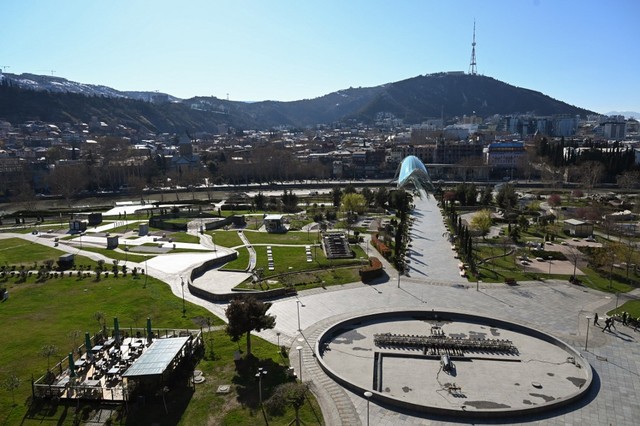Air corridors can kickstart post-virus tourism – U.N. agency
The World Tourism Organization proposes that tourists be allowed to travel between countries at low risk of coronavirus contagion
by Agence France-Presse
MADRID, Spain – So-called air corridors allowing tourists to travel between countries at low risk of coronavirus contagion could help to restart the global tourism industry, a United Nations (UN) agency said on Wednesday, May 27.
The corridors would represent the "first steps" towards reestablishing international links, said Zurab Pololikashvili, secretary-general of the World Tourism Organization (UNWTO).
The idea has already gained traction in parts of Europe – officials in Spain's tourism-reliant Balearic Islands have suggested German travelers should be allowed to fly back as soon as possible.
The number of tourists worldwide could fall by between 60% and 80% in 2020 as a result of the pandemic, according to UNWTO forecasts published in early May.
Countries with large tourism sectors in Europe and beyond have suffered badly as travel restrictions have decimated visitor numbers and left many businesses that rely on the trade struggling to survive.
Attractions including Italy's buried city of Pompeii and Bethlehem's Church of the Nativity have reopened in recent days, but travel restrictions have seen many sites remain virtually empty.
Pololikashvili said the UNWTO had opposed the travel shutdowns from the start and criticized the coordination of lockdown measures as chaotic.
He called on the European Union to reopen not only to tourism within the bloc but also to external countries such as Turkey, arguing that it was "impossible to have 100% security" from the virus.
Measures such as so-called health passports, better communication, rapid COVID-19 tests, and temperature checks could all help to reduce the risks, he said. (READ: How will European tourism survive the virus?) – Rappler.com